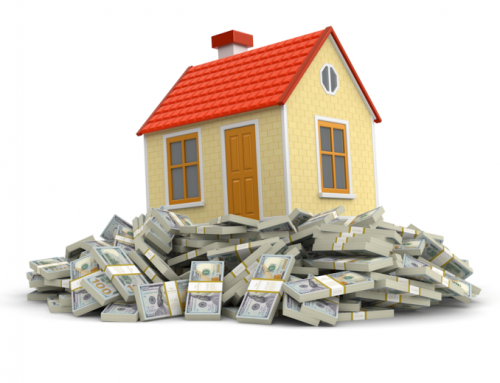Despite the Housing Recovery, Thousands of Homes Are Still Losing Value
Years after the end of the recession, entire metro areas still find themselves left behind by the economic recovery. Nationwide, more than one-quarter of homes lost value over the last year. In some metro areas, the drop-off has been even more severe. Some housing markets are approaching housing values not seen since the height of the housing bubble—while other housing markets badly need a recovery from the recovery.
Several metro areas saw more than one-third of their homes lose value this August compared to one year ago, according to a report from Zillow. Most of the metro areas with a high percentage of homes losing value are congregated in the Midwest and Northeast, including Cleveland (where 31.5 percent of homes dipped in value), Cincinnati (32.6 percent), Chicago (35.8 percent), Pittsburgh (37.1 percent), and New York (38.6 percent).
Three metro areas saw enormous drops in home values year over year: Washington, D.C. (41.2 percent), Philadelphia (43.4 percent), and above all, Baltimore (48.1 percent).
There are clear winners and losers in the recovery. Dallas–Fort Worth (where only 4 percent of homes lost their values), San Francisco (5.2 percent), and Denver (a mere 1.5 percent) won gold. Seattle, San Jose, and Portland, Oregon, were also markets that didn’t see much slippage.
More than most, the D.C. and New York housing markets look striped: These metro areas have pockets of incredible wealth and growth, but also areas marked by severe disparity and decline.
In terms of housing, the recovery looks a lot like sorting. In major metro areas in Texas and California, the recession is most definitely over—it’s like it never happened! For other markets, the recovery has either wound down or has yet to truly arrive. Renters may have a clearer shot at homeownership in cities where housing values are low or falling. But can they find any work?







Leave A Comment